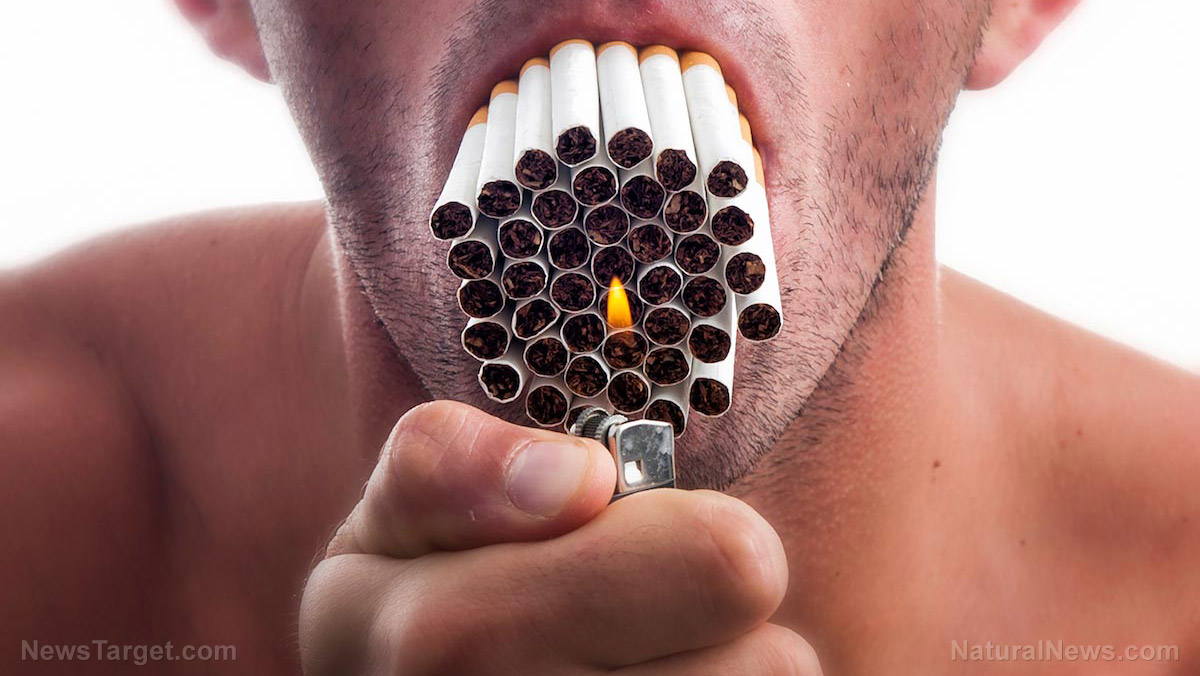
The findings of the UCL study were published in the journal Addiction.
Heavy drinking, heart health and stroke risk
For the study, the researchers examined the link between heavy drinking over a lifetime and various health conditions, such as cardiovascular disease.
The research team analyzed data from the Whitehall II cohort, which collected information from U.K. civil servants aged 34 to 56 at the study outset from 1985 to 1988. The final sample for the study included 4,820 older adults aged 59 to 83. The average age of the participants is 69 and at least 75 percent are male.
Heavy drinkers were identified using the Alcohol Use Disorders Identification Test for Consumption (AUDIT-C), a standard screening tool for general practitioners (GPs). The screening tool asked three questions to find out how often the participants drank; how much they had; and how often they binged or had six or more drinks.
Someone who consumes at least three or four drinks four or more times a week would score positively as a hazardous drinker on the AUDIT-C. The volunteers were asked on a single occasion to complete the AUDIT-C retrospectively for each decade of their life, from 16 to 19 to 80 and over.
The data were then used to categorize their lifetime drinking pattern:
- Never hazardous drinker
- Former early hazardous drinker (those who stopped before 50)
- Former later hazardous drinker (those who stopped at 50 or later)
- Current hazardous drinker
- Consistent hazardous drinker
The study found that over 56 percent of the participants had been hazardous drinkers at some point in their lives, with 21 percent being current hazardous drinkers and five percent being consistent hazardous drinkers.
Those classified as current and consistent heavy drinkers were mostly male (80 percent and 82 percent, respectively), predominately white and likely to be in senior level jobs (61 percent compared with 52 percent of the total sample).
After adjusting for lifestyle factors, the researchers reported that former later, current and consistent hazardous drinkers have significantly higher systolic blood pressure and poorer liver function than never hazardous drinkers.
In current hazardous drinkers, systolic blood pressure was 2.44 mmHG higher and gamma-glutamyl transferase (GGT), a known marker of liver disease, was elevated by 22.64 IU/L, compared with the never hazardous drinkers.
Data also showed that current hazardous drinkers have a three times greater risk of stroke while former later hazardous drinkers have at least a two times higher risk of non-cardiovascular disease mortality than never hazardous drinkers.
The researchers also reported that lifetime hazardous drinkers have significantly larger waist circumferences and BMI than never hazardous drinkers, with the magnitude increasing with more current and consistent hazardous drinking. (Related: Why drinking alcohol makes you fat.)
In sum, the findings show that heavy alcohol consumption is linked to high blood pressure, poor liver function, increased stroke risk, large waist circumference and high body mass index (BMI) later in life, even if you stop drinking heavily before 50.
According to Dr. Linda Ng Fat, the first author of the study, alcohol misuse is common among older adults. In England, alcohol-related hospital admissions are the highest among adults older than 50. She hopes that the study can help raise awareness of the effects of alcohol consumption later in life.
Tips to control your drinking
Your alcohol consumption might not seem like such a big deal, but as the UCL study shows, heavy drinking can cause many health problems later in life.
If you are having trouble managing your drinking, follow the tips below to cut back or avoid alcohol altogether:
Avoid triggers
If you are trying to cut down or quit drinking, avoid situations in which you often drink. This includes people, places, things and certain activities that can trigger an urge to drink. Avoiding these triggers will prevent you from drinking when you otherwise might not.
Engage in other healthy habits
If drinking is a big part of your life, try other activities during times when you might usually drink. Start a hobby, try a new exercise program, meet new people or spend more time with your family and loved ones. Find an activity that you enjoy to occupy the time during which you would usually be drinking.
Learn how to say "no"
Before you find yourself in situations in which someone offers you a drink or expects you to drink with them like you used to, learn how to politely say "no, thank you," and mean it.
When asked to drink in social gatherings, say "no" quickly but firmly so you don't have time to change your mind. If you are feeling unsure or nervous about these interactions, practice what you will say the next time your friends ask you to drink with them.
Seek help if you can't quit drinking
Sometimes, going cold turkey can be difficult, especially if you are a very heavy drinker. If you are struggling to reduce your alcohol consumption on your own, you may have already developed an alcohol use disorder. Try to quit drinking altogether or seek help to quit.
Stop drinking alcohol to avoid the risks associated with heavy drinking.
Watch the video below to learn the 2o warning signs of an alcohol drinking problem.
This video is from the 1000 Island Addiction Rehab channel on Brighteon.com.
More related stories:
New alcohol guidelines: How is drinking linked to cancer?
New study concludes there is NO safe level of drinking alcohol.
Sources include:
Please contact us for more information.























